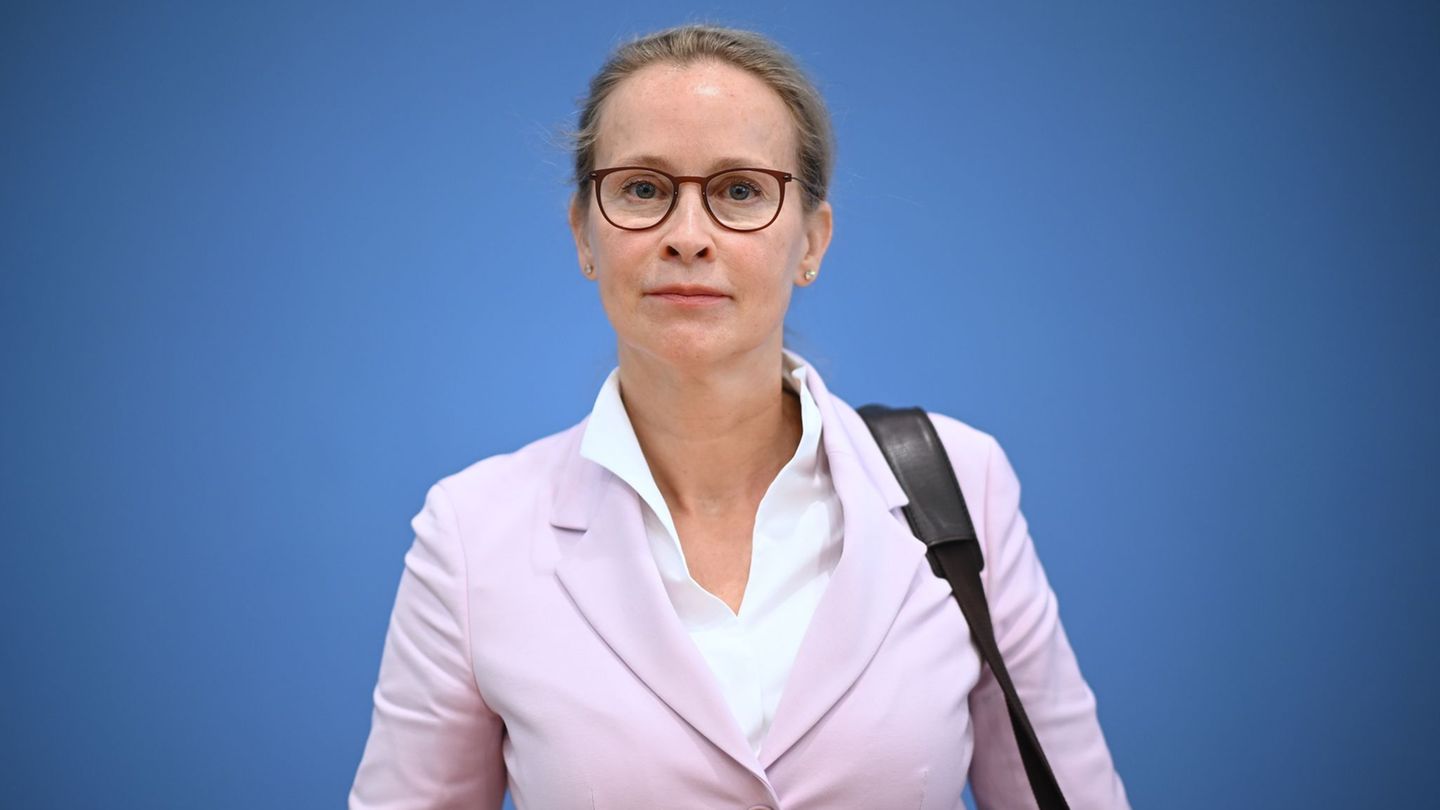Bloco de Esquerda (BE) coordinator Catharina Martins today demanded that farms using the intensive and ultra-intensive method undergo an “impact assessment” at the environmental and labor level.
“If nothing is done and if this law is not changed, the greenhouses will continue to grow, there will be less and less water, and the workers will continue to be exploited,” said the block coordinator.
Katarina Martins proposed to assess the impact of intensive and super-intensive agriculture at the level of “impact on water, impact on the environment, and also on the working conditions of workers”.
The BE leader spoke at the beginning of the march included in the “Roadmap for Climate Justice” promoted by the party, which took place between the districts of Alteirinhos and Zambujeira do Mar, in the municipality of Odemira, Beja district.
The march, which began near the Greenhouse Square, was attended by BE leaders and supporters, and most notably immigrant agricultural workers, who held banners with environmental and conditional messages.
Along the nearly two-kilometer route, participants also carried a large script-themed banner and chanted slogans such as “more work, more pay” and “equal work, equal pay.”
In her speech, the BE coordinator expressed support for migrant agricultural workers and emphasized that the march serves “the fight for a law against forced labor that guarantees conditions for all workers in Portugal.”
“And we are also here to fight for public water management because the intensive and super-intensive agribusiness cannot irresponsibly continue to take water from these areas,” he added.
After delivering an identical speech in English to immigrant farm workers, Katharina Martins listened to the complaints of one of them and returned to address the audience.
“Here are those who work every day and tell us that apart from the working hours that are too long and working conditions that are too bad, there really are no rules,” he said.
According to the bloc leader, these workers complain that some “earn more than others without knowing why” and that there is “constant blackmail about how they get their wages.”
“There is no progress, they are completely stagnating, regardless of the responsibilities that people have, their experience or what is happening now with prices that are going up a lot,” he said.
Warning that the lives of these workers are “even more difficult and unbearable”, the BE leader considered that this was due to “very low” wages despite “long hours of work”.
At the end of the march, the participants had lunch at the premises of the Zambujeirense Cultural Leisure Association in Zambujeira do Mar.
Author: Lusa
Source: CM Jornal




